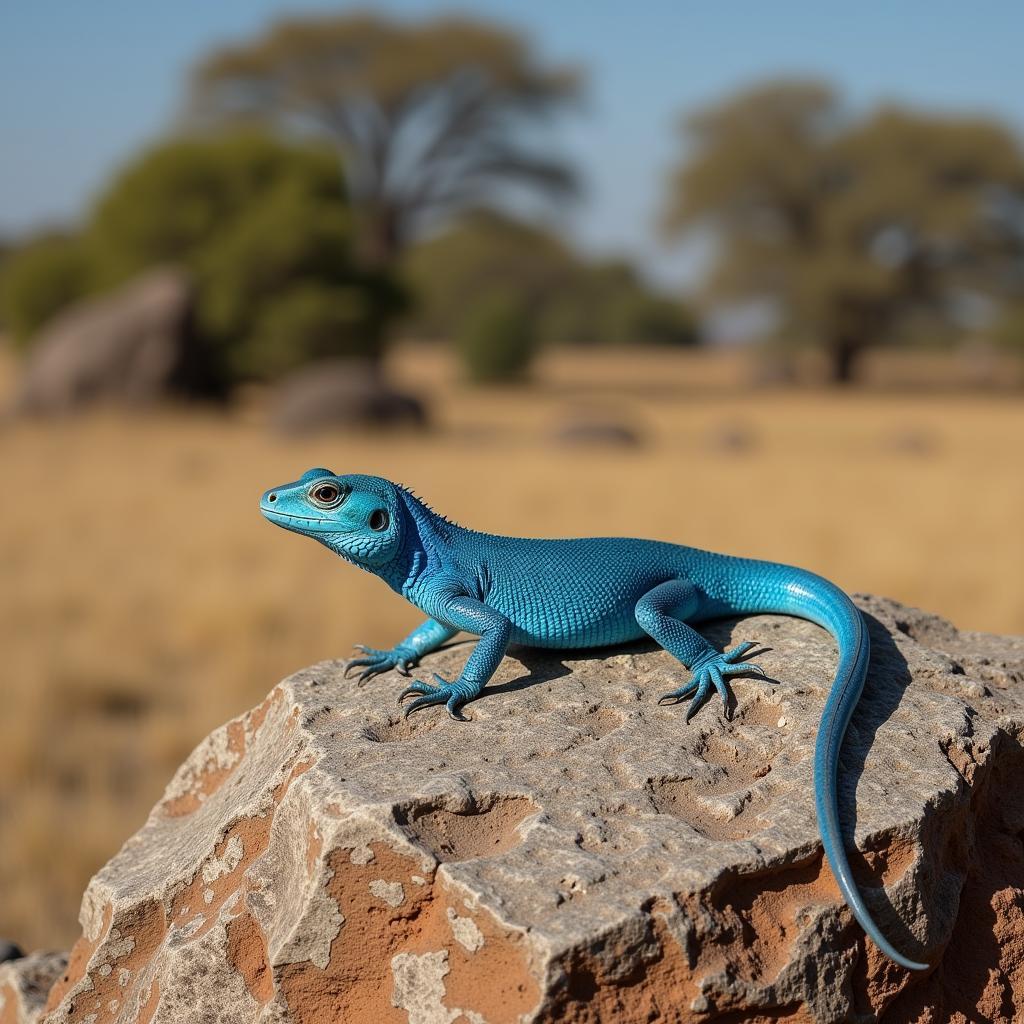African Elephant Weight in Kg: How Big Do These Giants Really Get?
The African elephant, an icon of the savanna, is instantly recognizable for its immense size. But have you ever wondered, “How much does an African elephant weigh in kg?” Their weight is a testament to their grand stature and plays a crucial role in their lives.
Unraveling the Weight of Giants: African Elephant Size
The African elephant, scientifically classified into two species – the African bush elephant (Loxodanta africana) and the slightly smaller African forest elephant (Loxodonta cyclotis) – boasts an impressive weight range. While both are giants, the bush elephant generally outweighs its forest-dwelling cousin.
On average, a mature African bush elephant can weigh anywhere between 4,000 to 6,000 kg, with some exceptional bulls tipping the scales at over 10,000 kg. To put that in perspective, that’s heavier than two large SUVs combined! Female African elephants are generally smaller, averaging between 2,700 to 3,300 kg.
African forest elephants, more adapted to their dense habitats, are comparatively lighter. Males typically weigh between 2,700 and 4,000 kg, while females range from 2,000 to 2,700 kg.
Factors Affecting African Elephant Weight
Several factors influence the weight of an African elephant, including:
- Species: As mentioned earlier, African bush elephants are naturally larger and heavier than their forest-dwelling counterparts.
- Sex: Male elephants, across both species, are larger and heavier than females. This is primarily due to their larger skeletons and the evolutionary need to compete for mates.
- Age: Just like humans, elephants experience significant growth throughout their lives. Calves are born weighing around 100 kg and rapidly gain weight as they mature. They reach their full size between 20 to 25 years of age.
- Diet and Habitat: An elephant’s diet and the availability of food resources directly impact its weight. Elephants living in resource-rich areas with abundant vegetation tend to be heavier than those in areas with limited food.
- Health and Genetics: Overall health and genetic factors also play a role in determining an individual elephant’s weight, just as they do in other animal species.
The Importance of African Elephant Weight
An African elephant’s weight is not just a fascinating statistic; it plays a crucial role in their survival and social structure:
- Physical Power: Their massive size and weight give them a significant advantage in the wild. They can easily push down trees to access food, dig for water, and defend themselves against predators.
- Social Hierarchy: Size matters in elephant society. Larger, heavier males often hold dominant positions within their herds, giving them preferential access to resources and mates.
- Thermoregulation: Their large body mass helps them regulate their body temperature in the hot African climate.
Conservation Implications
Understanding african elephant weight is also essential for conservation efforts. Factors like habitat loss and poaching can significantly impact elephant populations, leading to changes in their average weight. Monitoring these changes can provide valuable insights into the health and well-being of elephant populations and help inform conservation strategies.
FAQs About African Elephant Weight
How much does the largest African elephant weigh?
The largest African elephant ever recorded was a male bush elephant shot in Angola in 1974. It weighed an astonishing 10,000 kg!
How much weight can an African elephant carry?
While their exact carrying capacity varies, African elephants can carry up to 9,000 kg on their backs. This incredible strength is often compared to carrying a small truck!
Why are African elephants so big?
African elephants’ size is a result of millions of years of evolution. Factors like their diet, environment, and lack of natural predators have all contributed to their impressive stature.
Exploring More About African Giants
Interested in learning more fascinating african elephant facts? Delve into the world of these magnificent creatures and discover more about their lives, behavior, and the challenges they face. You can also explore the specifics of african bull elephant weight in our dedicated article.
A Call for Action
African elephants are facing numerous threats, from habitat loss to poaching. By understanding these gentle giants and supporting conservation efforts, we can help ensure their survival for generations to come. To learn more about how you can help, visit our website african elephant live or contact us directly at +255768904061, kaka.mag@gmail.com, or visit our office located at Mbarali DC Mawindi, Kangaga, Tanzania. Our dedicated customer support team is available 24/7 to answer your queries.


